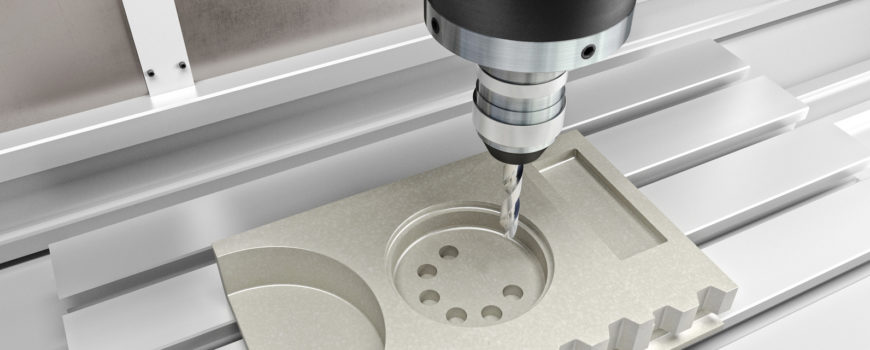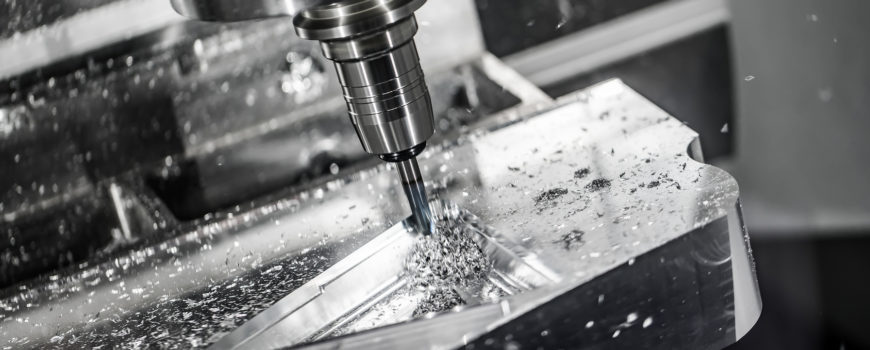Selecting a CNC Machine Shop can be a daunting task with many options available. Innovative strategies are imperative to guarantee selection of a competent shop providing cutting edge technology. Usually, an Original Equipment Manufacturer has experienced evaluators that determine whether a supplier has the minimum requirements.
The team features Quality, Sourcing, and Machining personnel. Each team member represents particular facets of the business. Some Precision Manufacturing set rigorous requirements when conducting supplier evaluation.
Why choose the best machine shop Denver suppliers?
Choosing a machine shop supplier determines the success of your company in so many ways. Some of the benefits of choosing the ideal one include:
• Lower costs
• Reduced scrap levels
• Great agility
• Smoother workflow
• Improved forecasting
• Reduced setting times
• Shortened manufacturing lead times
What is the secret?
1. Samples of Previous Work
Any shop or manufacturer can claim to make the best equipment for every industry. However, custom machine shops that are proud of their products go a notch higher and allows you to inspect their prototypes. Also, they let customers and business owners see all parts and equipment manufactured in their shop.
When customers see examples of previous work, they get a visual representation of their attention to details and craftsmanship delivered to every piece. They get to verify the quality of the end product even when the supplier is working with huge runs of 2-dimensional parts under pressure of tight deadlines.
The ideal CNC machine shop should offer samples on demand and have a command in discussions about their industries of specialization. A knowledgeable and experienced machine shop gives customers great confidence in the quality of their machines. Previous samples confirm that a supplier has honed their skills working with a plethora of materials commonly used in a particular industry.
Don’t you think high end machine shops should be able to deliver precise cuts needed to fit into customer’s specifications?
2. Enables Project Flexibility
As you choose a custom machine shop that is conversant with crafting ideal parts for your industry, also focus on how flexible they are with particular jobs. The search for a perfect choice should not make you jump from one shop to another. Sometimes, in-house limitations relating to the types of equipment their CNC machinist can work with on their availability and your project.
The best Denver Manufacturing machine shop has in-house skilled machinists, equipment, and necessary experience to get most projects completed as quickly as possible without undermining quality. Ideal manufacturers should also be flexible in offering different size runs ranging from small prototype machining to big scale productions using assortment of materials.
3. Incessant Improvement
Leading Custom Machine Shops always pay great attention to continuous improvement. Progressive improvements of materials, parts, and equipment produced increases value offered to customers. Some strategies used to measure improvement process include Lean, Six Sigma, Kaizen, and other techniques. Evidence of such quality improvement measuring processes ought to be readily available to customers with proven results.
4. Offers Excellent Communication Methods
Communicating specifications for prototypes, materials, and parts in any precision machine shop should always be continuous. Alterations can arise at any time. Whenever communication between machine shops and manufactures goes limbo, doubts kick in. Dissatisfaction extends to potential clients through reviews and recommendations.
A quality machine shop focuses on these four customer communication aspects:
• Allows customers to use their preferred communication channel that suits their operation.
• Takes time to explain technical capabilities of various machine parts to clients.
• Offers a contact person who is readily available to answer questions and implement alterations quickly to minimize material waste and time loss.
• Asks relevant questions concerning customer’s project and how to enhance their job to get value for money and improve their experience.
5. Implements Quality Control Measures
Quality is paramount for every customer irrespective of parts or equipment ordered. Therefore, every Precision Manufacturing company should create control measures that eliminate production errors in all steps of a manufacturing process. If a shop lacks documented quality control measures, it’s advisable to seek services elsewhere.
A professional Denver Manufacturing shop will be ready to talk about quality certifications such as IS0 9001 and AS9100 standards. They have extensive documentation about the equipment used to determine specification accuracy, for example, coordinate measuring machines. They elaborate what control standards are set for every part, machine, and equipment whenever rejection rate starts to rise.
The best Custom Machine Shop informs their customers about their failure rates and measures taken to reduce this rate to manageable levels.
6. Equipment and Technology Advances Investment
A CNC shop is just as good as their machinists, staff and equipment produced. It is advisable to research on the types of software and equipment currently used to make the required prototypes and parts. Moreover, ask the shop management about other materials and equipment available in their shop.
Research on all equipment used in the production run phase, for instance, CNC Machining, Wire EDM, and Manual Machining. That information is essential since some stages in the manufacturing process may require hands-on approach for tooling prototypes. The shop should be well equipped with various software capabilities and can modify model designs upon request.
Additionally, CNC Machinists should be well qualified to handle onsite equipment and software efficiently. Their extensive knowledge of all equipment necessary for the production process and how well they use quality measuring equipment should be certified at proficient levels. Therefore, technicians should never hamper any of your bottom lines.
7. Interact with Previous Customers
After reviewing an Original Equipment Manufacturer capabilities, communicate with previous customers. It is advisable to check reviews given by previous customers online about the shop. Questions that you may ask previous customers include:
• What customer service got provided?
• Did the machine shop meet expectations and how did they enhance customer experiences?
• How long did the customers work with the machine shop?
• Were there any defects or problems with deadlines and how did the machine shop resolved these issues?
• Did the machine shop offer extensive information about their capabilities?
• How were communication and modification requests handled in cases where changes were necessary?
Speaking to previous customers enables you to learn about all the procedures that the Manufacturing Shop implements to satisfy customers. Why choose blindly when you got so much time and reviews online?
The future of machining is brighter now than ever. There are many things to produce. Pressure is mounted on machine shops to play their part in increasing machine and machinist’s abilities and management to maximize flexibility and speed. Are you looking for such machine shop? Get in touch with Tag Team in Denver.











